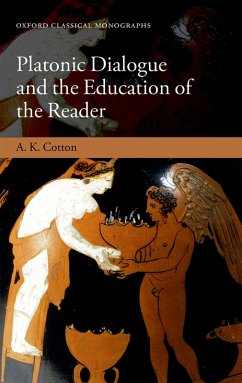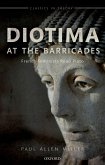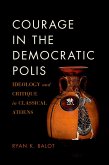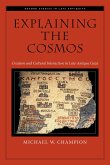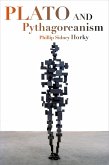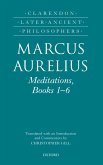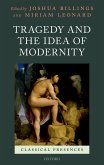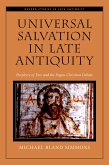In this volume, Cotton examines Plato's ideas about education and learning. With a particular focus on the experiences a learner must go through in developing philosophical understanding, the book argues that a reader's experience can be parallel in kind and value to that of the interlocutors we see conversing in the dialogues, in constituting learning. The study suggests that, just as Socratic conversation acts as a context for the interlocutors development of dialectical virtues, so the corpus of Plato's works presents an arena for readers to progress through the different stages of learning, providing them with the stimuli appropriate to their philosophical advancement at each point and encouraging them to take increasing responsibility for their own learning. Accordingly, the study proposes that the shape of the corpus, and the changes we observe between early, middle, and late dialogues, are best interpreted with reference to the changing needs of receivers at different stages of their philosophical development. Individual chapters focus on characterization, argumentation, structure and unity, plot, and myth as means by which the dialogues encourage their readers to engage in this productive and distinctive way.
Dieser Download kann aus rechtlichen Gründen nur mit Rechnungsadresse in A, B, BG, CY, CZ, D, DK, EW, E, FIN, F, GR, HR, H, IRL, I, LT, L, LR, M, NL, PL, P, R, S, SLO, SK ausgeliefert werden.

